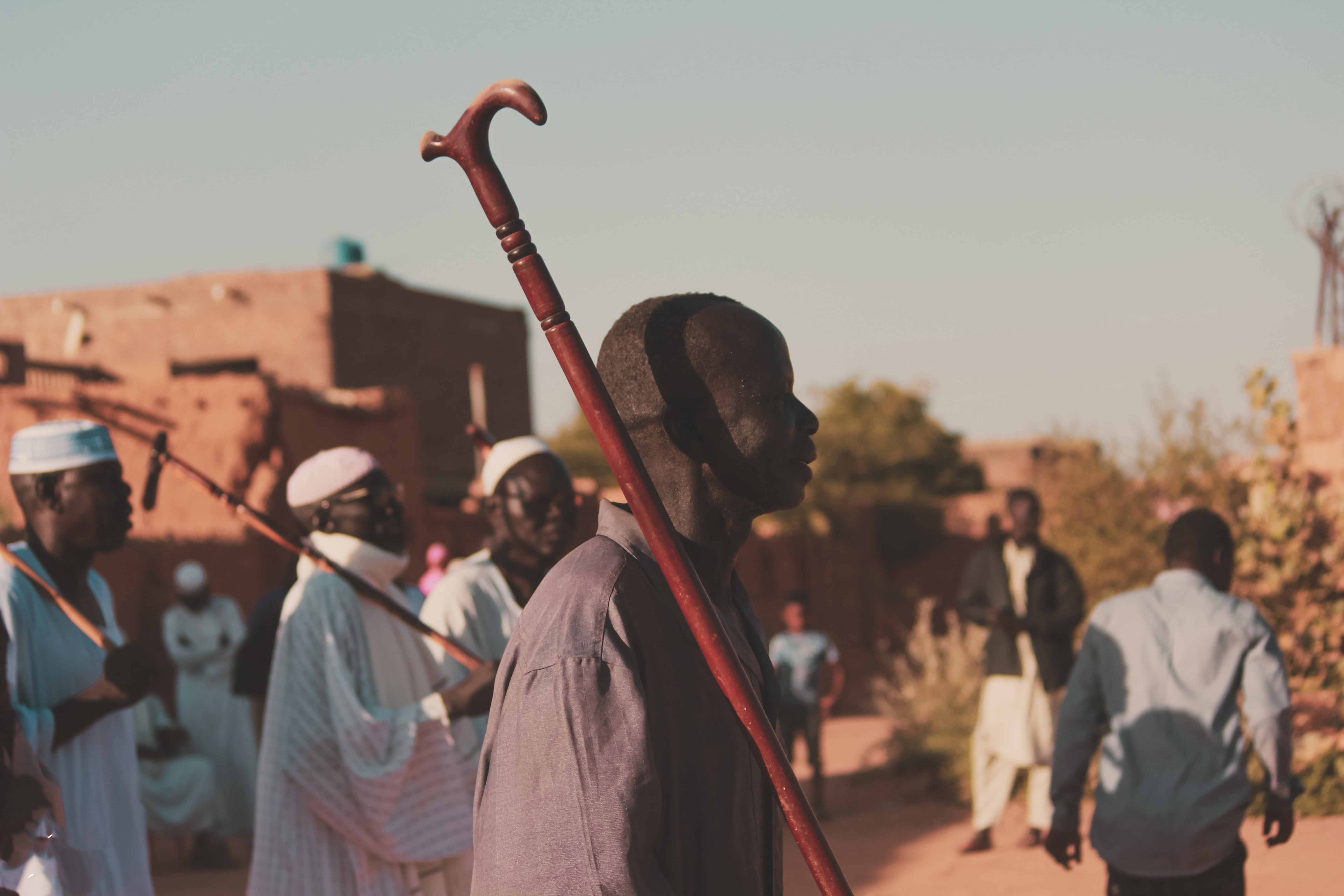The Currency of Connections: The Role of Social Connectedness among South Sudanese Refugees in West Nile, Uganda
Why do social connections matter for household resilience in South Sudan?
Image

In protracted crises in which formal governance structures are weak to nonexistent, people depend heavily on local systems — both social and economic — to get by, often more than they depend on external aid. Communities themselves are often the first responders in a crisis, reacting long before the arrival of humanitarian actors. Research on resilience across a range of contexts demonstrates the importance of social connections, particularly in times of crisis, in enabling populations to manage shocks and stresses.
Social connectedness manifests in many forms: Communities may rely on their immediate neighbors, extended family or clan chieftains for food, access to economic opportunities and psychosocial support, or to negotiate safe passage when fleeing from a conflict or when later returning to their communities of origin. It is thus critical that aid actors understand how social connections and external assistance interact to better help conflict-affected populations cope and recover.
However, social connectedness is not always a source of household resilience. Social connectedness is inherently linked to social hierarchies and power dynamics. “Connectedness” for some households may imply marginalization or exclusion for others. By considering social connectedness throughout program cycles, including in design, implementation and evaluation phases, aid actors can more holistically understand bases of household vulnerability as well as sources of resilience during crises. These nuanced insights can be used to ensure that formal assistance reaches the households in most need, including ones that may be excluded from local support systems, to better achieve recovery and resilience outcomes. Equally, by understanding social connectedness, aid actors may be able to strengthen, or at the very least not undermine local support systems.
This report is the last in a series from the Currency of Connections research initiative between Mercy Corps and the Feinstein International Center at the Friedman School of Nutrition Science and Policy at Tufts University, with support from the Office of U.S. Foreign Disaster Assistance (OFDA). It is authored by Dr. Jeeyon Kim (Mercy Corps), Alex Humphrey (Mercy Corps), Anastasia Marshak (Tufts University), Nyuon Moses Gathuoy (Mercy Corps) and Vaidehi Krishnan (Mercy Corps).




